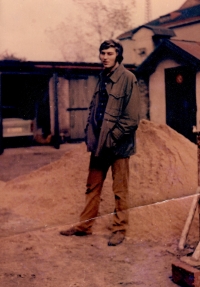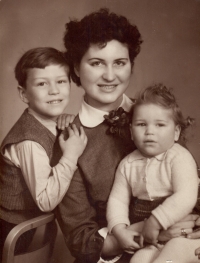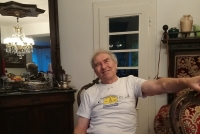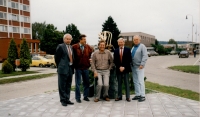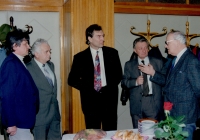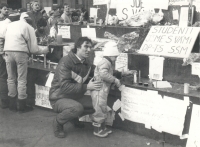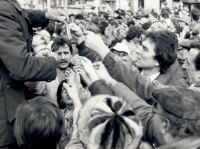I didn‘t fraternize with communists, so I didn‘t know their stories
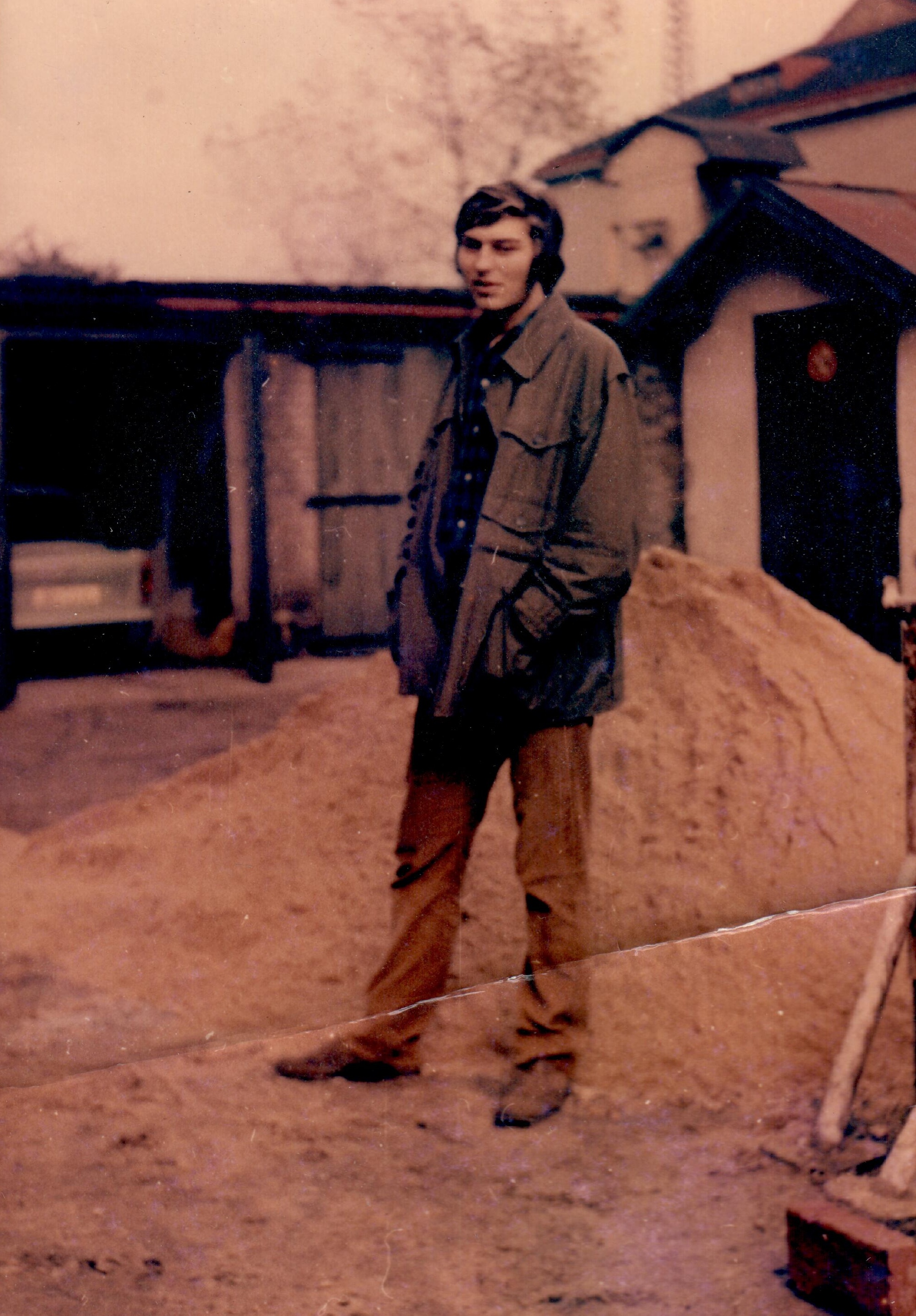
Stáhnout obrázek
Zbyněk Plesar was born on 2 April 1950 in Hradec Králové to Zbyněk and Jarmila, née Poláková. Together with his younger sister, he had been raised in the anti-communist spirit – his mother‘s family had been labeled bourgeois and lost its property after 1948; his paternal uncle Otakar ended up in prison in the 1950s for ‚illegal activities‘ within the Junák Organisation banned at that time. Zbyněk grew up in the Žižkov district of Poděbrady and later studied in Prague. Since his childhood he showed artistic talent, so under the guidance of his father, who was a furniture maker, he enrolled at the Secondary School of Arts and Crafts (SUPŠ) in Prague. In Prague, Zbyněk witnessed the August 1968 invasion and the protests that took place during the following year. After graduating, he went through a series of jobs – from being employed at the Libeň shipyards and the Czechoslovak State Railways car repair company in Nymburk to working at the company Interiéry Praha and finally landing at TON in Bystřice pod Hostýnem. In 1974, he married Zdena (daughter of Vojtěch Bubílek, a liaison officer of the Allied Command in England during the Second World War) and they settled in Bystřice. Zbyněk‘s job became his destiny for years to come, and in a solid career progression he rose from a technologist and a production manager to the position of the CEO of TON, which he became in the early 1990s. Under his direction, the company underwent a transformation and later became a public limited company. He was involved in the Velvet Revolution in Prague and Bystřice pod Hostýnem, where he became a founding member of the Civic Forum. After leaving the management of TON, he started his own business in the late 1990s. In 2021 he was living in Bystřice pod Hostýnem.
